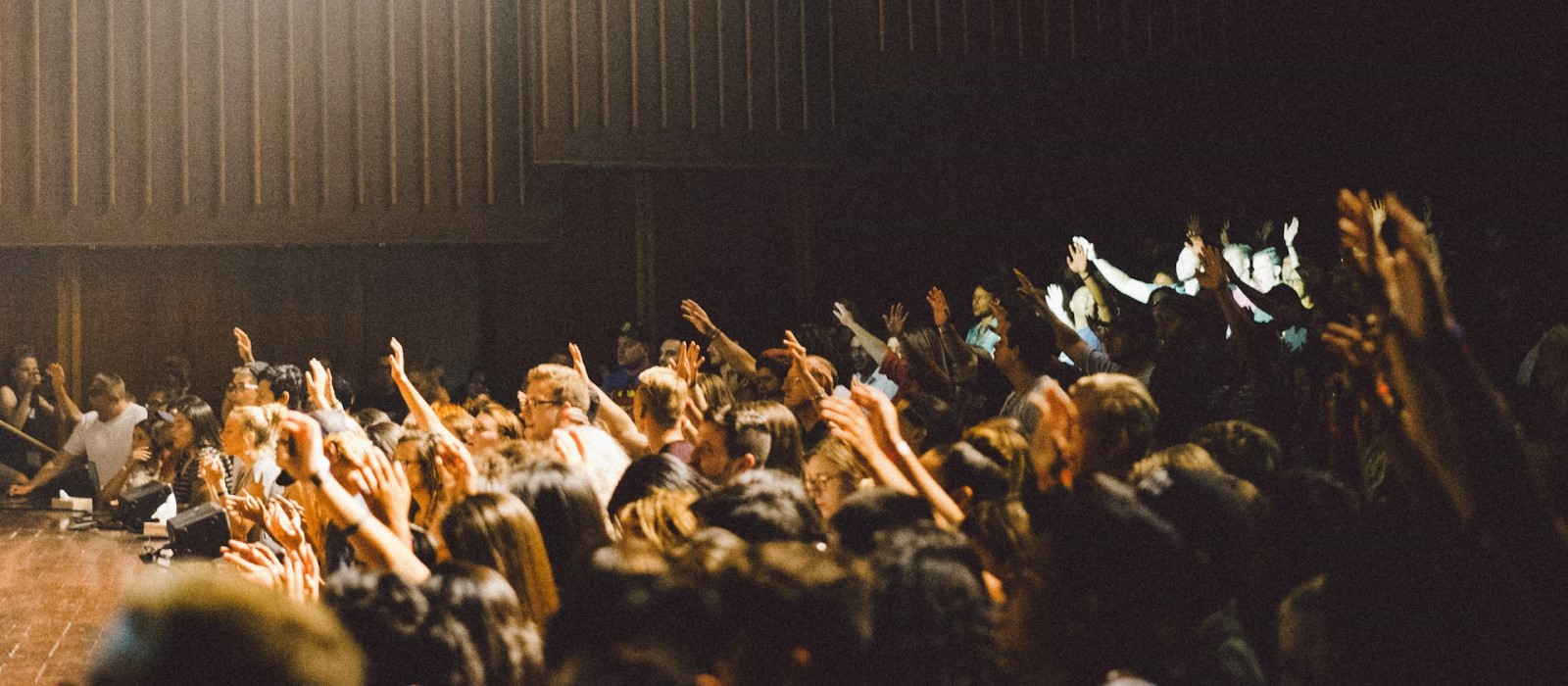Contextualizing Emotions: An Intervention to Increase Political Participation in Impoverished Populations

People raising hands | Edwin Andrade via Unsplash
Study Context
While systematic and institutional barriers, such as social isolation and informational constraints, are shown to affect political participation for those living in poverty (Cohen and Dawson 1993; Murdock and Golding 1989; Schaffner, Streb, and Wright 2001), less research has focused on cognitive barriers. Since stress (for an overview see O’Leary 1990) and poverty affect cognitive processes and function, these cognitive processes may impact political participation and offer another explanation as to why people living within poverty participate in politics at lower rates, even though they may have the most to gain from advantageous political results. This research will address: 1) uncovering the toll politics takes or would take on an individual’s psychological immune system (a collection of psychological processes that help people defend themselves against strong negative affect and emotions (Hoerger et al. 2009)), especially if they fall below the poverty line and 2) testing an intervention to help the psychological immune system recover enough so an individual is more cognitively able to participate in politics.
Study Design
Prior to the COVID-19 pandemic, peer health educators, at a Hispanic-Serving Institution (HSI) in which two-thirds of students were low-income, visited a randomized subset of freshmen seminars required for all first-year students to provide a stress management training which included destigmatizing conversations about anxiety and providing resources for addressing stress or mental health concerns. 31 classes received the training, 30 classes were in the control group. After the onset of the pandemic, a sample of the 2019-2020 freshmen cohort was surveyed on anxiety, cognitive load, and political interest measures. Then, using a survey experiment, the study team further explored cognitive mechanisms underlying the field experiment results.
Results and Policy Lessons
Students from seminars that received the stress management training scored on average 11% lower on an anxiety battery and also showed lower cognitive load. At the same time, however, lower anxiety and cognitive load were associated with lower levels of political action, consistent with predictions from affective intelligence theory. Through the survey experiment, we showed that a within-survey positive reflection task improved focus on cognitive tests and reduced in-the-moment anxiety. We directly measured political engagement through participants’ decision to volunteer for census and voter turnout efforts. The direct relationship between this positivity task and volunteering was not significant. Instead, we again found that lower anxiety significantly predicted lower levels of volunteering, and anxiety mediated an indirect negative relationship between the positivity task and reduced volunteering rates. Taken together, the field and survey experimental results highlight the role of mental wellness interventions in reducing anxiety, with downstream effects on actual political engagement. Based on these pilot findings, the study team will continue data collection through 2023.

